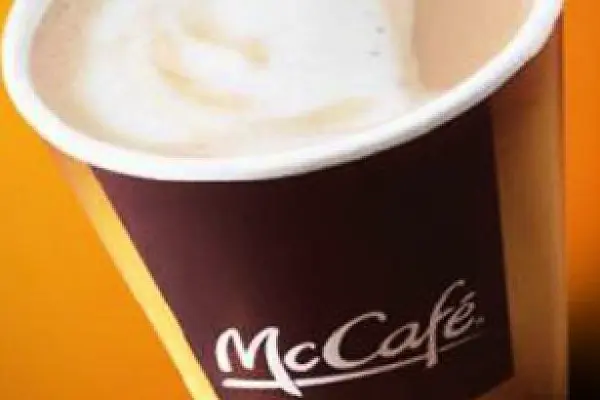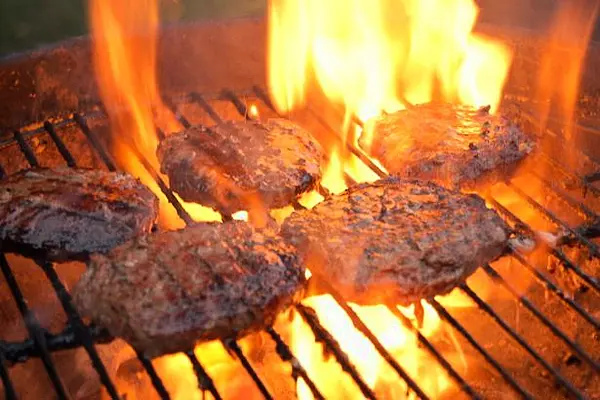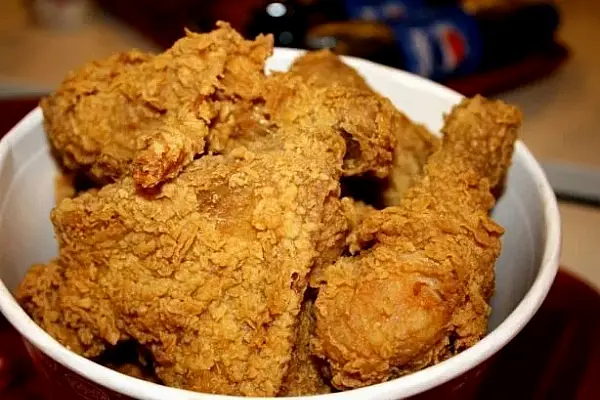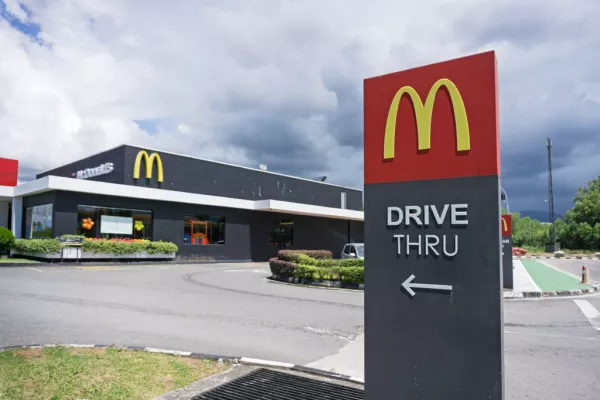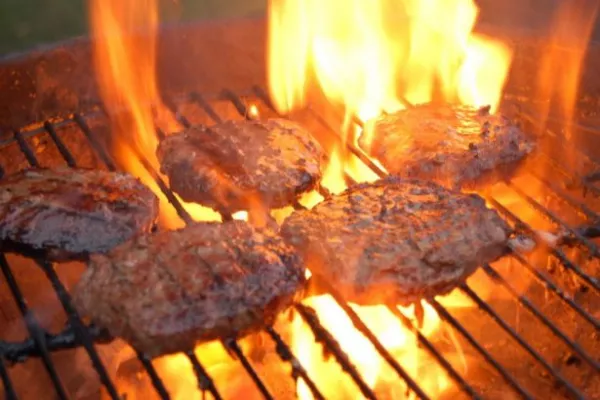McDonald’s, losing ground in its battle for the nation’s coffee drinkers, is planning to shake up its McCafe brand - part of a bid to challenge Starbucks and Dunkin’ Donuts.
The company will reintroduce the McCafe concept next year, about eight years after it debuted nationwide. The push follows efforts to upgrade its java and get more of its beans from sustainable sources, mimicking a move by its Seattle-based rival.
"We’re really excited about the McCafe brand and what it can do to complement our food offerings,"Kristy Cunningham, US senior vice president of strategy and insights, said in an interview. The new McCafe campaign will include special deals, more seasonal beverages and increased marketing of the chain’s coffee rewards program, she said.
Coffee is still a booming business in the US, but fast-food companies haven’t been able to capitalise on much of that growth. Sales at burger chains rose just 3.3 percent last year, compared with an almost 10 percent jump for coffee cafes, according to research firm Technomic. Though McCafe generates $4 billion annually in U.S. sales, it could better cater to customer needs, Cunningham said.
Starbucks and Dunkin’ Donuts have attracted customers with high-margin espresso, lattes and mochas. Though McDonald’s offers a wide range of coffees these days, it hasn’t become as much of a go-to source for upscale drinks.
McCafe is “a very important piece,” Cunningham said. “It gives us the chance to follow what the customer is really looking for.”
Food Fight
Re-emphasizing coffee is critical at a time when food sales are under pressure. Supermarkets have lowered prices, making it more alluring to eat at home instead of at a restaurant. Gas stations and other channels also are increasingly selling prepared meals, adding to the competition.
McDonald’s is looking to build on the success of its all-day breakfast, which rolled out last year across the U.S. It’s also upgrading stores with table service and more touch-screen ordering kiosks. The all-day breakfast push helped fuel a return to growth, but the resurgence has been waning: Domestic comparable sales rose just 1.3 percent last quarter, and McDonald’s is facing declining foot traffic.
McDonald’s isn’t alone in struggling to build a more sophisticated coffee menu. After Burger King introduced 10 new Seattle’s Best drinks in 2013, including flavored lattes, the rollout fizzled. The company later merged with Tim Hortons, a Canadian coffee chain, though the two brands remain distinct.
Two-Dollar Deal
McDonald’s still plans to emphasize its price advantage over Starbucks as it retools the McCafe brand. The company is planning a $1 drip coffee and $2 small specialty-beverage deal for the first quarter of next year, Cunningham said.
The chain, with about 14,000 domestic restaurants, said in October that it would buy all of its coffee from sustainable sources by 2020. In another sign of Starbucks envy, McDonald’s sold pumpkin-spice lattes across all of the U.S. this fall -- the first time it’s done so in three years.
The company opened its first stand-alone McCafe location in Toronto last year, a move that it said “showcases the company’s passion for elevating the cafe experience.” McDonald’s now sells Americanos and shots of espresso across its Canadian restaurants. The McCafe locations even bake McCafe pastries in house.
In the U.S., McDonald’s is upgrading its espresso machines with equipment that creates more consistent-tasting drinks, Cunningham said. The new gear, which has better milk-steaming technology and can make a wider variety of drinks, costs about $12,000 apiece.
But the typical McDonald’s diner is a low- to middle-income consumer and not adventurous when it comes to coffee, said Will Slabaugh, analyst at Stephens Inc. Customers are looking for something that’s affordable and familiar, he said.
“It’s going to continue to be a slow build for them, especially in this type of environment where the customer expects a deal,” Slabaugh said. “I don’t expect that to be a huge needle mover for them.”
News by Bloomberg, edited Hospitality Ireland
